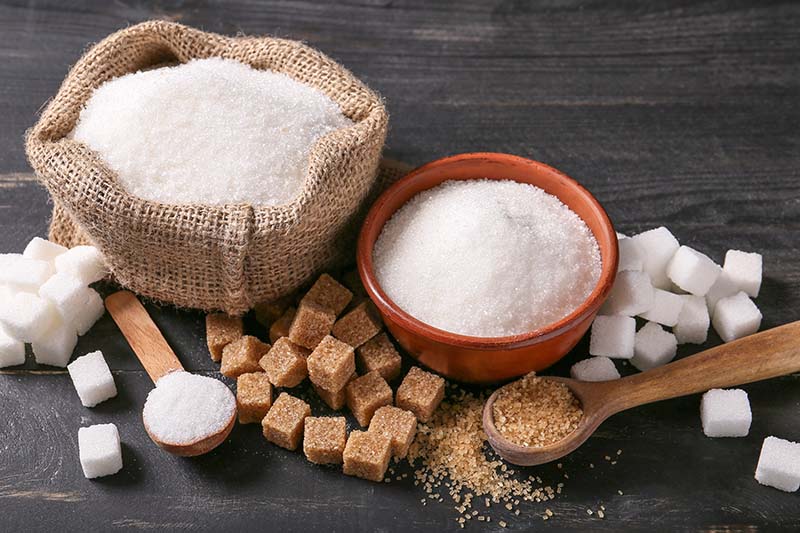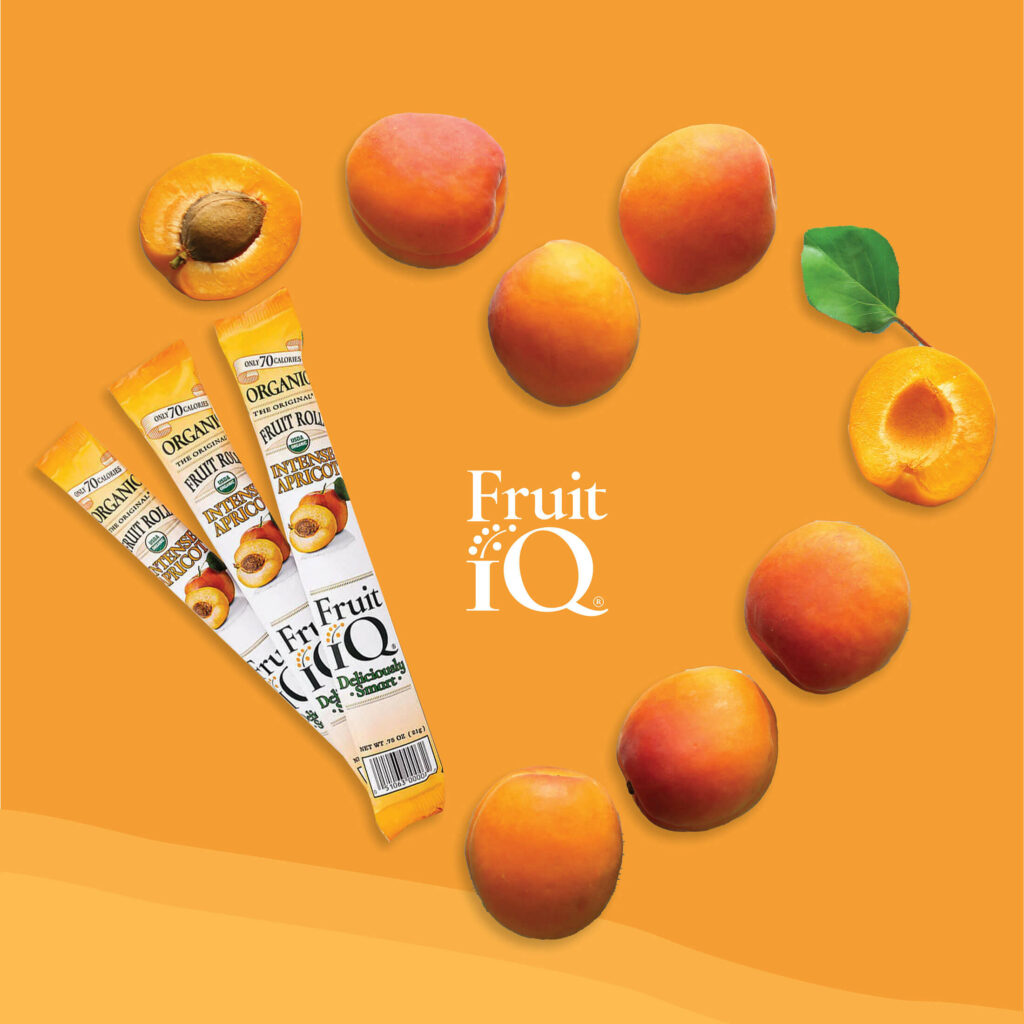The topic of sugar can be a confusing one when it comes to healthy eating. With all the different terminology, such as sucrose, dextrose and fructose, which type of sugars should you be avoiding? What are their respective benefits or drawbacks? Understanding the differences between these types of sugars is key in knowing how they affect your health both positively and negatively. In this blog post, we will explore the definition, benefits and risks associated with each kind so that you can make informed decisions about your diet choices.
High Fructose Corn Syrup – a popular sweetener made from corn that has been chemically modified to contain more fructose than regular sugar
High fructose corn syrup is a prevalent sweetener in our modern food supply. This syrup is derived from corn, which has been chemically modified to have a higher fructose content than regular sugar. The increase in fructose content has rendered the syrup a cheap and highly processed alternative to traditional sweeteners. However, recent studies have shed light on the dangers of high fructose corn syrup, linking it to various health issues such as obesity, diabetes, and cardiovascular disease. While it may taste incredibly sweet and be found in a variety of foods and beverages, it’s important to consume it in moderation and be mindful of its potential negative effects on our health. As consumers, we need to make informed choices about what we put into our bodies, including the types and amounts of sweeteners we choose to consume.
White Refined Sugar – refined by heating, bleaching, and removing other impurities
White refined sugar is a widely used form of sugar that has undergone a specific refinement process. This one is heated and bleached, which removes impurities such as molasses and minerals. This refining process results in a white, crystallized product that is easily soluble in liquids. While white refined sugar is prevalent in many everyday foods and beverages, it is important to monitor one’s intake as excessive consumption can lead to negative health effects. It is recommended to consume sugar in moderation and to opt for natural alternatives when possible.
Raw Cane Sugar – a less processed form of sugar that is minimally refined with minimal processing and additives
Raw cane sugar is a sweetener that is derived from the juice of sugarcane. Unlike white, it is a less processed form of sugar that is minimally refined with minimal processing and additives. This means that raw cane sugar retains more of the natural nutrients and minerals found in sugarcane, such as calcium, magnesium, and potassium. Raw cane is often characterized by its golden or light brown color, and its rich, caramel-like flavor. It can be used as a substitute for white in various recipes, from baked goods to beverages, and as a healthier alternative to processed sweeteners. Overall, raw cane is a great option for those looking for a more natural and minimally processed sweetener.
Brown Sugar – made from raw cane sugar with molasses added for sweetness and color

Brown sugar is a popular type that is well-loved for its rich, caramel-like flavor and color. Unlike white, brown sugar is made from raw cane sugar and molasses, giving it a unique taste and texture that is hard to resist. The process of creating brown sugar involves adding molasses back into the refined white sugar, which gives it its distinct taste and color. Brown sugar can be used in a wide variety of recipes, including baked goods, sauces, and marinades, making it a versatile ingredient in any kitchen. Its natural sweetness and nuanced flavor add depth and complexity to any dish, making it a go-to ingredient for professional chefs and home cooks alike.
Coconut Sugar – derived from the sap of coconut palm trees
Coconut sugar is a type of unrefined sugar that is derived from the sap of coconut palm trees. Unlike refined white, which has been stripped of all its natural minerals and nutrients, coconut sugar contains small amounts of vitamins, minerals, and amino acids. It also has a lower glycemic index than table sugar, which means it is a better alternative for those looking to manage their blood sugar levels. In addition to its health benefits, this type has a unique flavor profile that is often described as earthy and caramel-like, making it a popular choice for baking and cooking. As an unrefined and natural sweetener, this type has gained popularity among health-conscious consumers in recent years, and it may be worth considering as a healthier alternative to traditional refined sugars.
Agave Nectar – a liquid sweetener obtained from the agave plant in Mexico
Agave nectar, also known as agave syrup, is a natural liquid sweetener that is derived from the agave plant. Native to Mexico, the agave plant has been used for centuries to produce alcoholic beverages such as tequila. However, in recent years, agave nectar has gained popularity as a healthier alternative to traditional sugar and artificial sweeteners. Agave nectar is often used in a variety of food and beverage products, from baked goods to cocktails. Unlike many other sweeteners, agave nectar has a low glycemic index, meaning it doesn’t cause a spike in blood sugar levels. In addition, its rich and complex flavor has made it a favorite among chefs and mixologists alike. With its unique taste and health benefits, agave nectar is a versatile and delicious ingredient that is here to stay.
In conclusion, there are several popular sweeteners available on the market today. From the more heavily processed sweeteners like High Fructose Corn Syrup to the unrefined and natural options like coconut sugar and agave nectar, you can find something suitable for your needs. Considering which of these options is right for you will depend on individual dietary goals, taste preferences, and budget constraints. Ultimately it’s important to remember that consuming large amounts of any high-calorie sweetener can be detrimental to one’s health. Before introducing any new type of sweetener into your lifestyle, make sure to consult with a medical professional or dietician to ensure it fits in with your overall health plan.
Fruit IQ’s rolls contain zero added sugar!
If you’re looking for a delicious and nutritious snack that is both guilt-free and great for your health, try Fruit IQ’s fruit rolls. Packed with natural flavors and free of any added sugar, these fruit rolls are unprocessed and are low in calories! To learn more, please visit our website and shop today!

